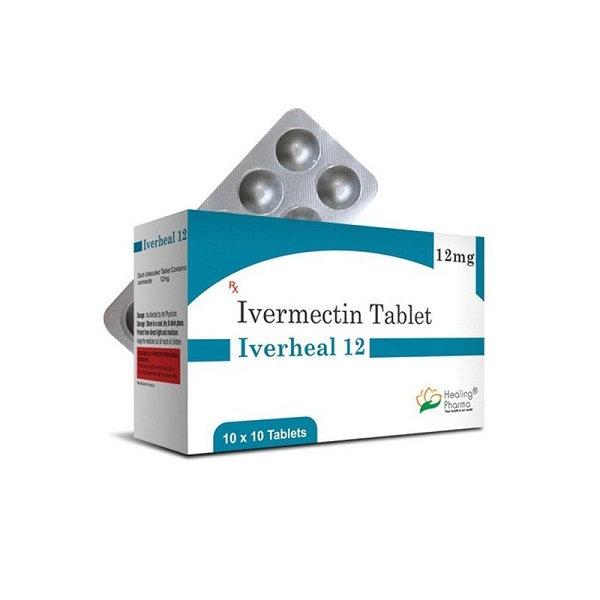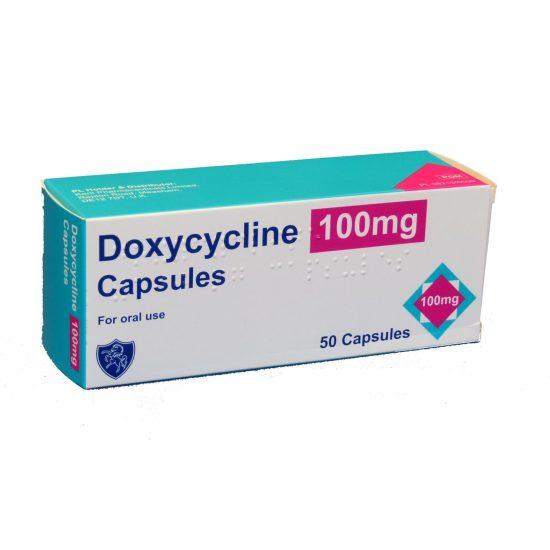Ivermectin is a medication that belongs to the class of macrocyclic lactones, which are known for their potent anti-parasitic activity. It is a broad-spectrum antiparasitic agent that works by targeting the nervous system of parasites, causing paralysis and ultimately death. Ivermectin has been used for decades in veterinary medicine for the treatment of various parasitic infections, and in recent years, it has gained attention for its potential therapeutic uses in humans.
In humans, ivermectin has been primarily used for the treatment of certain types of parasitic infections, such as strongyloidiasis and onchocerciasis. It has also been used off-label for the treatment of other parasitic infections, such as scabies and head lice. More recently, ivermectin has been studied for its potential use in the treatment of viral infections, including COVID-19.
Ivermectin has been shown to have antiviral activity against a range of viruses, including SARS-CoV-2, the virus that causes COVID-19. It is believed that ivermectin may act by inhibiting the replication of the virus, reducing its ability to cause disease. Some studies have shown that ivermectin may also have immunomodulatory effects, helping to reduce inflammation and prevent severe disease in COVID-19 patients.
Ivermectin is typically administered orally, although it can also be given by injection or topically. The dosage and duration of treatment will depend on the type of infection being treated and the patient’s age and weight. In general, ivermectin is well-tolerated, with few serious side effects. However, it can cause mild side effects such as dizziness, nausea, and headache.
Despite its potential therapeutic uses, ivermectin should not be used without proper medical supervision. Overuse or misuse of ivermectin can lead to the development of resistance, making it less effective in treating parasitic infections. Additionally, ivermectin can interact with other medications, and it should not be used in pregnant or breastfeeding women without careful consideration and monitoring.
In summary, ivermectin is a broad-spectrum antiparasitic agent with potential therapeutic uses in humans. While it has primarily been used for the treatment of parasitic infections, it has also shown promise in the treatment of viral infections such as COVID-19. However, its use should be carefully monitored by medical professionals to ensure proper dosing and minimize the risk of side effects and the development of resistance.







Reviews
There are no reviews yet.